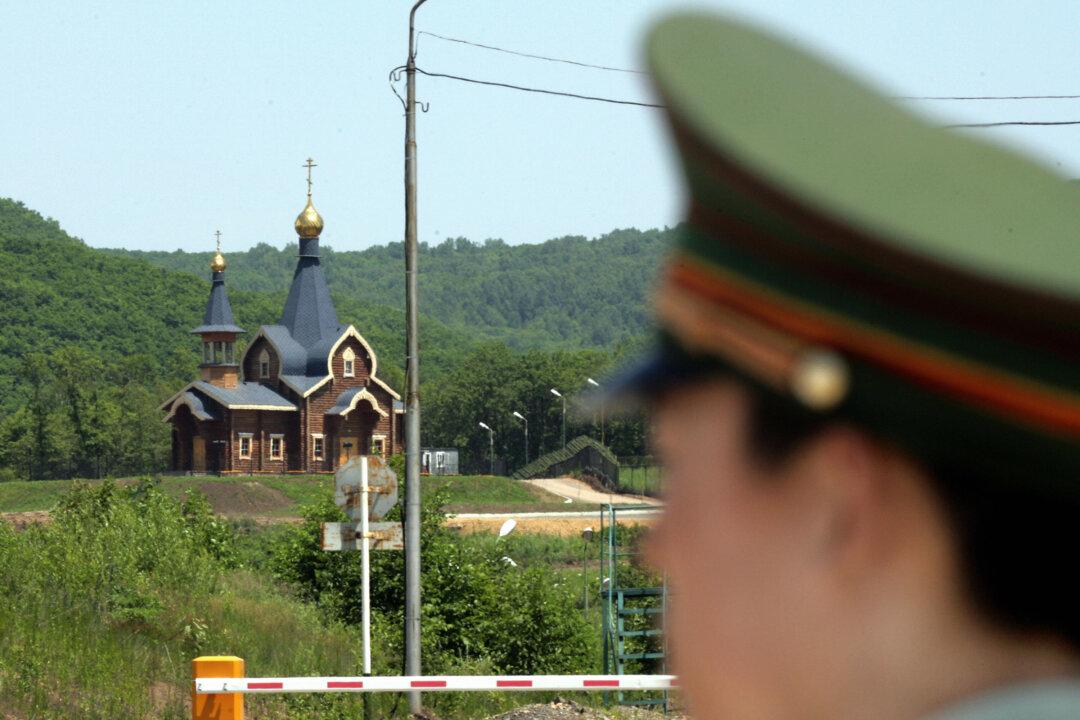Yin Minhong, a People’s Liberation Army veteran, has been rebuffed by Chinese judges for the second time after filing complaints demanding an official explanation about the diplomatic status of China’s northern territories.
Beginning in the 1800s, a number of foreign powers imposed their will on a weak and unstable imperial China, painfully reflected in various “unequal treaties” and territorial concessions — including a coercive agreement with Czarist Russia in which the Chinese Qing Dynasty gave up massive portions of Manchuria, Mongolia (then a Chinese imperial province), and Central Asia. Today, these regions are part of the Russian Far East, Mongolia, and other countries.




